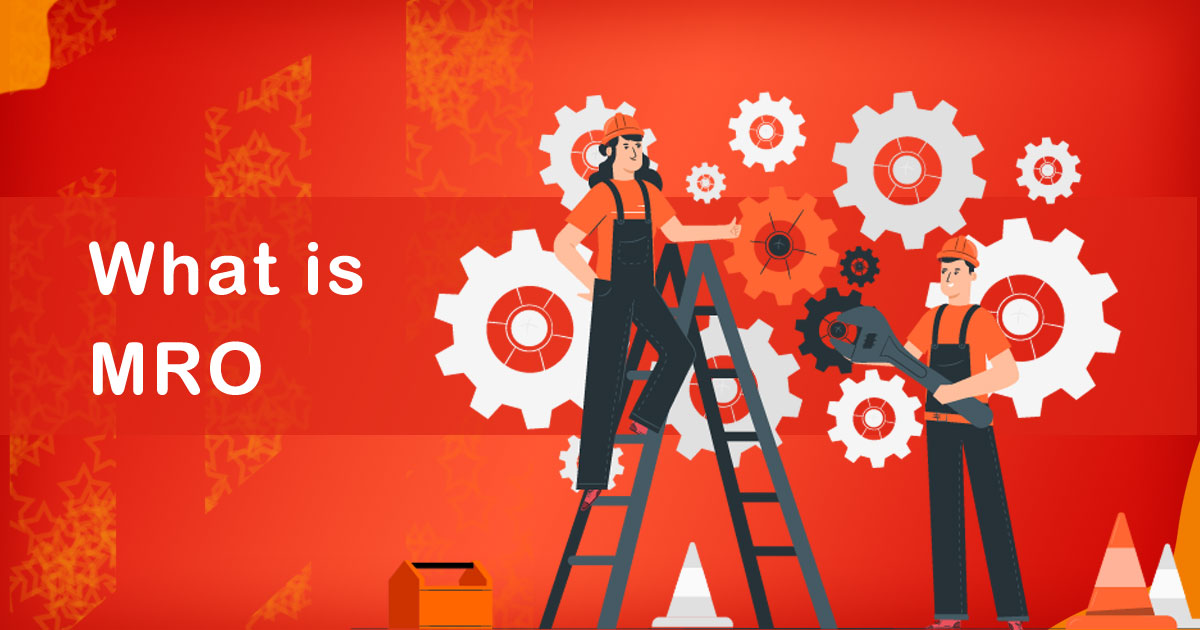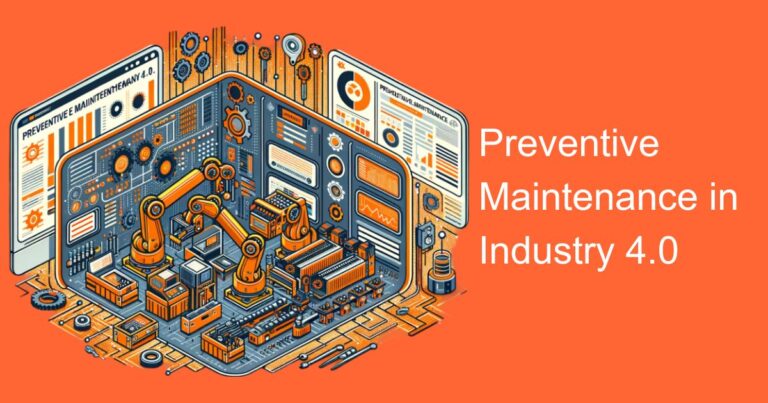Introduction
In today’s fast-paced industrial landscape, the concept of MRO (Maintenance, Repair, and Operations) plays a pivotal role in ensuring the smooth functioning of businesses across various sectors. MRO encompasses a wide array of activities, from maintaining equipment and machinery to managing inventory and spare parts. This editorial piece aims to provide a comprehensive understanding of MRO, its significance in an Indian context, and how it impacts industries.
Understanding MRO
Maintenance, Repair, and Operations (MRO) refers to the processes and practices involved in maintaining, repairing, and managing the day-to-day operations of industrial machinery, equipment, and facilities. It covers a broad spectrum of activities, including routine maintenance, emergency repairs, inventory management, and procurement of spare parts and consumables.
The Importance of MRO in Indian Industries
In the Indian context, MRO plays a crucial role in ensuring operational efficiency, reducing downtime, and enhancing productivity across various sectors, including manufacturing, aviation, energy, and transportation. Here are some key reasons why MRO is of utmost significance in the Indian industrial landscape:
a. Cost Management and Efficiency
Effective MRO practices help businesses optimize their operational costs. Regular maintenance and timely repairs can prevent major breakdowns, reducing the need for expensive emergency repairs and equipment replacements. This proactive approach to maintenance translates to enhanced efficiency and improved financial performance for companies.
b. Downtime Reduction
In India, unplanned downtime can severely impact businesses, leading to significant losses. MRO practices aim to minimize such downtime by conducting regular inspections and preventive maintenance, ensuring that equipment and machinery operate at their optimum levels.
c. Safety and Compliance
Maintaining industrial equipment is not only crucial for operational efficiency but also for the safety of the workforce. In industries such as aviation and manufacturing, adherence to safety standards and regulatory compliance is essential. MRO helps identify and rectify potential safety hazards, mitigating the risk of accidents and ensuring compliance with regulations.
d. Spare Parts Inventory Management
Efficient MRO requires proper management of spare parts and consumables. Indian industries often face challenges related to inventory management, such as overstocking or understocking of critical spare parts. Implementing advanced inventory management systems can help strike the right balance, reducing lead times and avoiding production delays.
MRO Challenges in India
While MRO is vital for industrial success, it comes with its set of challenges in the Indian context:
a. Skill Gap
One of the major challenges faced by the MRO industry in India is the shortage of skilled technicians and engineers. The lack of specialized training programs often leads to inadequate maintenance practices, hindering optimal equipment performance.
b. Technology Adoption
Incorporating advanced technologies such as predictive maintenance and IoT-enabled monitoring systems is essential for effective MRO. However, some Indian industries may be hesitant to adopt these technologies due to the initial costs and concerns regarding data security.
c. Supplier Management
Identifying reliable MRO suppliers who can provide quality spare parts at competitive prices can be a daunting task. Establishing strong supplier relationships and maintaining transparency in procurement processes are essential to overcome this challenge.
Future Trends in MRO
As industries in India continue to evolve, several trends are shaping the future of MRO:
a. Predictive Maintenance
Advancements in data analytics and machine learning are driving the adoption of predictive maintenance techniques. Predictive maintenance helps identify potential equipment failures before they occur, reducing downtime and maintenance costs.
b. Integration of AI and IoT
The integration of Artificial Intelligence (AI) and the Internet of Things (IoT) is revolutionizing MRO practices. IoT-enabled sensors provide real-time data on equipment health, enabling proactive maintenance, and AI-driven algorithms optimize maintenance schedules.
c. Outsourcing MRO Services
Many Indian companies are opting to outsource their MRO services to specialized providers. Outsourcing allows businesses to focus on their core competencies while benefiting from the expertise of dedicated MRO service providers.
Conclusion
In conclusion, MRO is an indispensable aspect of the Indian industrial landscape, playing a pivotal role in maintaining operational efficiency, reducing downtime, and ensuring safety and compliance. As technology continues to advance, embracing the latest trends in MRO will be crucial for Indian industries to stay competitive and thrive in an ever-evolving market. By addressing the challenges and capitalizing on the opportunities, businesses can unlock the true potential of MRO and drive sustainable growth in the years to come.








